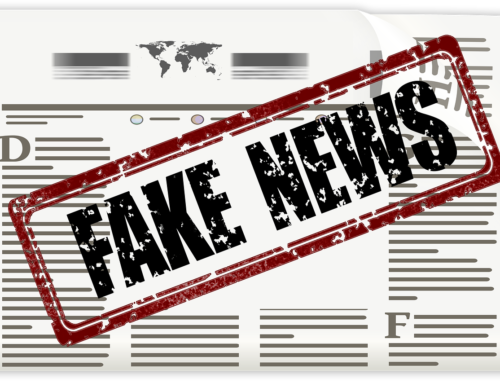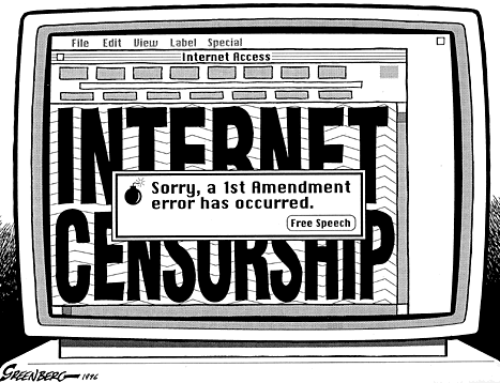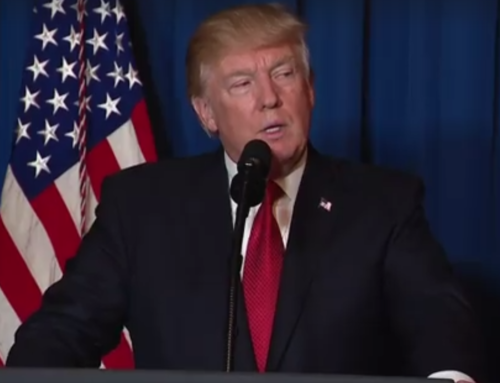The new NFL rule on kneeling allows players to protest the national anthem… just not on the field. They can remain in the locker room for the song, but if players insist (per owners’ rules) on taking a knee during the national anthem, their team will be fined. On the surface this might seem like a reasonable compromise, but it’s far from it.
To unpack this rule let’s go back to the beginning. Does the name Colin Kaepernick sound familiar? He began kneeling during the anthem in 2016 as a social protest against police brutality toward people of color. Despite being one hell of a quarterback, Kaepernick hasn’t been signed to any team since that season. He has an ongoing court case for alleged owner collusion to keep him out of the league.
The blackballing of Kaepernick coupled with the new NFL kneeling rule sends a crystal clear message to players: If you speak up (or in this case, kneel) for what you believe in, you will lose your job.
And this message echoes something we’ve been hearing a lot lately. We’ve seen actors, musicians and other celebrities blasted for showing support for social causes like Repeal the 8th on the basis that it’s not their place, they might alienate their following, or worse lose their job.
We want to pretend like celebrities exist solely for our entertainment. We’ll support their movie, buy their clothing lines, maybe even read some tabloids, but when they start having opinions we roll our eyes and threaten their employability.
This is some pretty twisted stuff for a country that is so proud of the First Amendment, it protects freedom of speech. Or is it? Believe it or not, the haters warning public figures of the threat that speaking out poses to employment aren’t wrong. First Amendment protections won’t keep you from being fired. There’s so much confusion over this that the American Bar Association broke it down with a bleak conclusion:
“The average employee’s speech poses little risk of harm to the employer. The harm to the employee created by an employer’s ability to punish speech, by contrast, is significant. Particularly in times of economic insecurity, the threat of speech-related termination creates a powerful economic pressure for self-censorship. In the aggregate, this self-censorship compromises the free exchange of ideas necessary for a functional and inclusive democracy.”
Freedom of speech is limited to protection from government suppression. You can believe and articulate whatever you want, but only off the clock.
This poses a huge problem in our digital age. If you post your opinion on social media, someone can easily screenshot it and forward it to your employer and you could lose your job over it. In some cases it’s the right thing to do, like Roseanne’s television show reboot cancelled for her obscenely racist tweets. But in others cases such as football players being punished for kneeling in peaceful protest, the application of law hurts.
What can we do about it? We can push for further legislation guaranteeing freedoms in the workplace, but it’s going to be an uphill battle. The Equal Opportunity Act was passed in 1964 and it’s no secret that businesses still get away with discriminatory hiring practices. Still, lawmaking is the only viable route to effectual change, so we better get to work now. Talk to elected officials about the importance of expanding the protections of free speech in the workplace. Vote for candidates that are focused on protecting citizens, not businesses and support those who are brave enough to exercise free speech at the risk of losing their livelihoods.






Leave A Comment